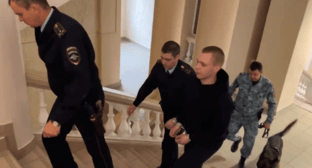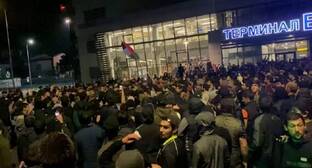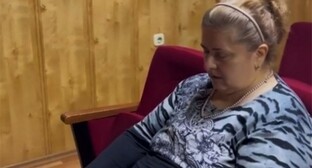11 January 2007, 23:02
European Court admits the fact of torturing the opposition leader in Azerbaijan
Today, the European Court for Human Rights has recognized that Sardar Dzhalaloglu, opposition leader, was tortured by Azerbaijani police in 2003. According to the Court judgment, the government of Azerbaijan shall pay 10,000 euros of compensation to the victim, the Reuters reports.
Mr. Dzhalaloglu, co-chairman of the opposition Democratic Party, was arrested in October 2003, two days after street protest actions against election of the president of Azerbaijan Ilkham Aliev.
On October 22, 2004, the Court of Azerbaijan for grave crimes sentenced Rauf Arifoglu, editor-in-chief of the "Eni Musavat" newspaper, to five years of imprisonment, Panakh Guseinov, chairman of the People's Party, to four and a half years, Arif Gadzhily, "Musavat" deputy chairman, to five years, and Ibragim Ibragimli, another Party deputy chairman, to three years in custody. Igbal Agazade, chairman of the "Umid" (Hope) party, was deprived of freedom for three years, Sardar Dzhalaloglu, secretary general of the Democratic Party, for four and a half years, and Etimad Asadov, chairman of the Society of Karabakh Invalids, for two and a half years.
The Council of Europe has recognized the opposition leaders to be political prisoners, and Strasbourg was striving for their release.




